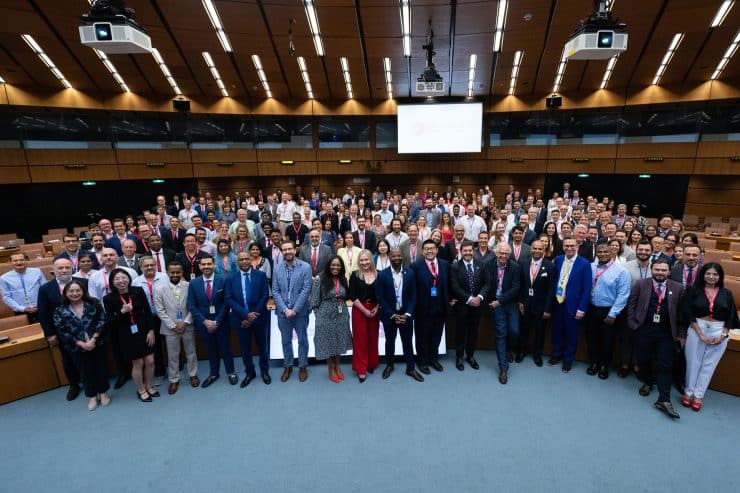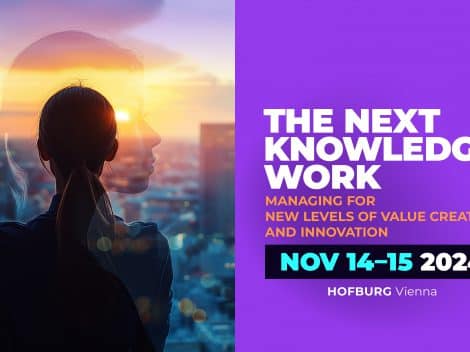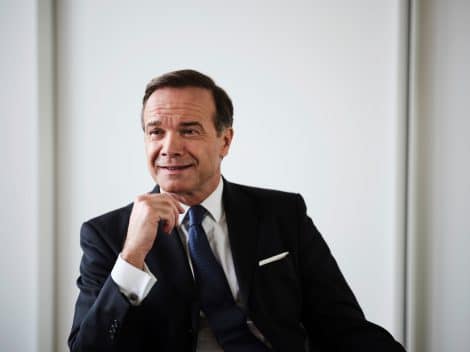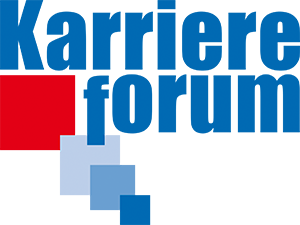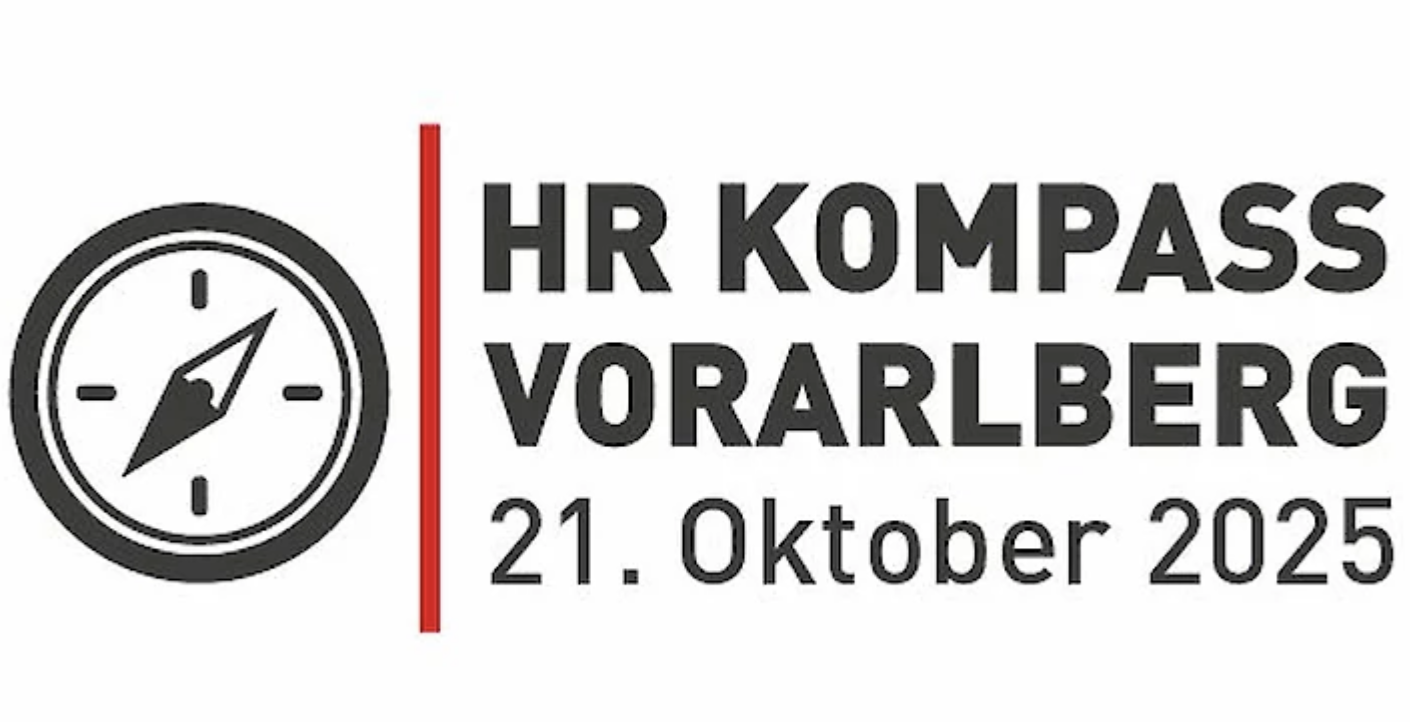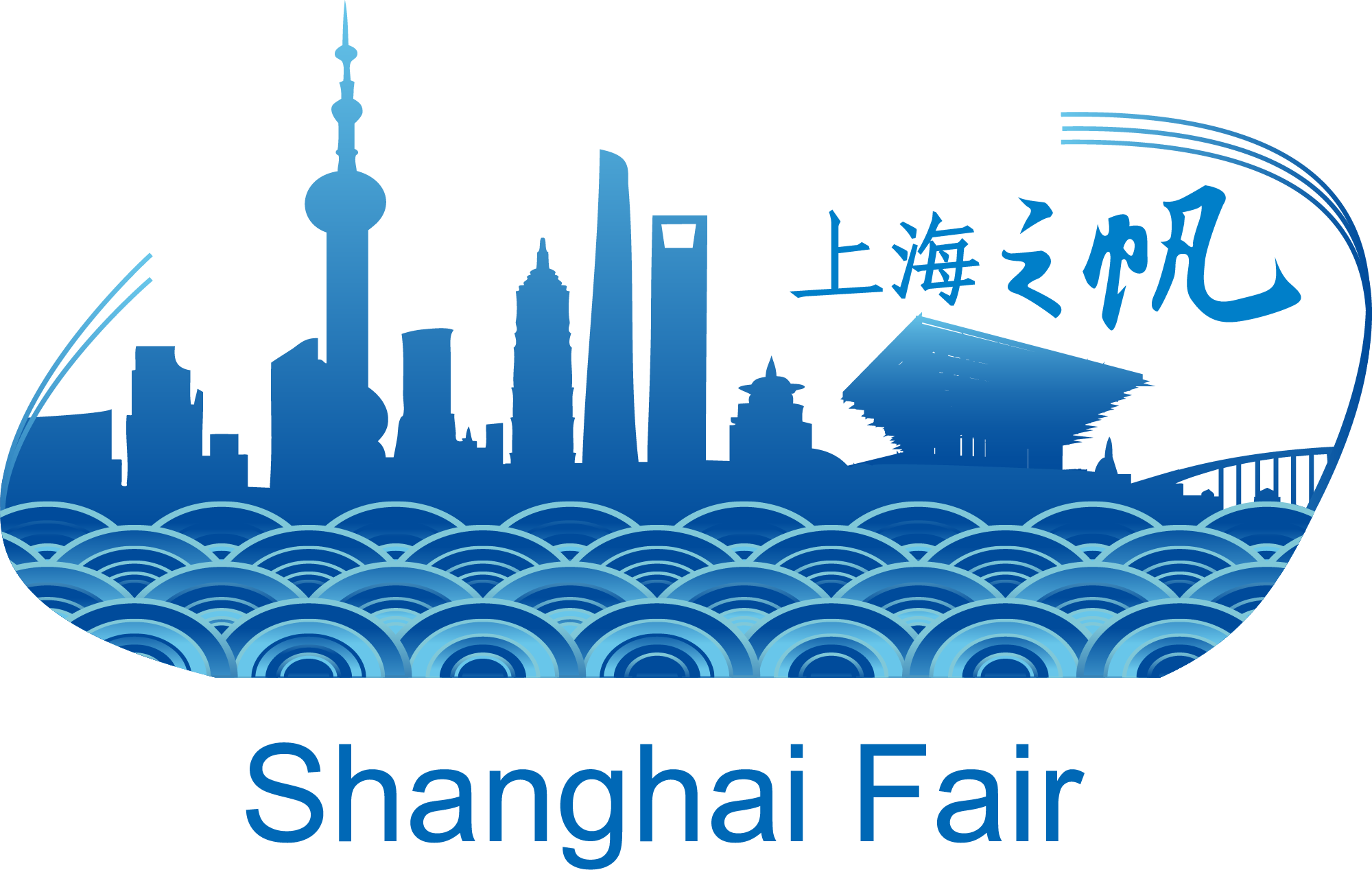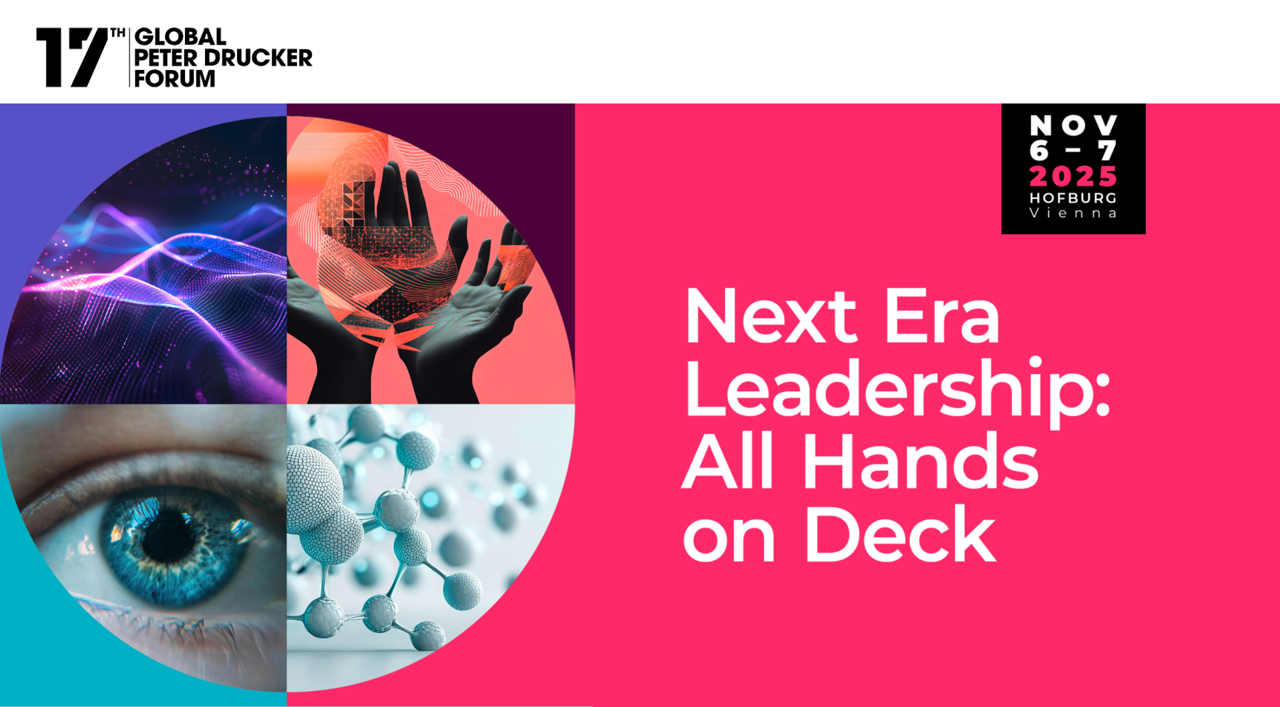The AI for Developing Countries Forum (AIFOD) has concluded at the United Nations Office in Vienna, heralding a new era for artificial intelligence (AI) with the adoption of the landmark AIFOD Vienna Forum Declaration. This declaration, a comprehensive framework for inclusive AI, emerges from the two-day event themed “Fair AI for a Fair World” and “AI Justice for All: Voices of Change.” The two-day conference was supported by UNIDO and UNODC (UN Office on Drugs & Crime).
Setting the Stage for Inclusive AI
The forum kicked off on July 17th with a stirring opening address by Conference Chair Tianze Zhang, highlighting the imperative to harness AI’s potential for global equity. Andrea A. Jacobs, Crown Counsel, Ministry of Legal Affairs of Antigua and Barbuda, announced the Third AI for Developing Countries Forum, set for 2025, underscoring ongoing commitment to this critical dialogue. Dr. Wendy O’Brien from the UN Office on Drugs and Crime followed with an insightful keynote on the intersection of human rights and AI, emphasizing that ethical considerations are essential for technological advancements.
Ana Paula Nishio de Sousa from UNIDO then captivated the audience with her keynote on AI’s transformative role in industrial development for emerging economies. She presented the AIM Global Iniative of UNIDO that unites expert organizations from around the world to collaborate on projects in developing countries bringing education and deployment of safe AI. H.E. Magdi Ahmed Mofadal Elnour, Ambassador of Sudan, provided a vital perspective on AI’s impact on Less Developed Countries, igniting discussions on both the opportunities and challenges these nations face. In his entertaining keynote, he introduced the term ‘BBC’ for ‘born-before-computers’ and admitted to being a member of this group. Nonetheless, he urged everyone to consider learning new technology at any age and encouraged policymakers to implement educational programs for all age groups wherever possible.
Engaging Discussions and Diverse Perspectives
The forum’s sessions featured a series of panel discussions on pivotal topics such as AI for Inclusive and Sustainable Development, Data Sovereignty in AI, and Democratizing AI in Emerging Economies. These sessions facilitated rich debates on ensuring AI benefits all nations equitably, bringing together diverse viewpoints from around the globe. These discussions also shed light on critical needs: learning of technology can only take place if learners have devices and the country has the telecommunication infrastructure in place to deliver connectivity. Still, 1.4 billion people are without access to the internet. In many places,
Afternoon sessions included presentations by Roland Fadrany, COO of Gaia-x, on Federated Data Infrastructures as an alternative to US legacy providers, and Daniel Ojdanic on Enterprise Competitiveness in the AI Era. Their talks provided practical strategies for developing countries to leverage AI for innovation while protecting national interests.
Justice and Grassroots Innovations
The second day of the forum, themed “AI Justice for All: Voices of Change,” commenced with Andrea A. Jacobs presenting on “When AI Meets Island Time: Amplifying Developing Voices in Global AI Governance.” She challenged the notion that AI progress is exclusive to tech giants, emphasizing the innovative contributions of small island states and developing nations. She also cautioned the audience that negotiating is a process rather than an event and that this will take patience and commitment.
Philip Hackett from the Geneva International Dispute Resolution Institute explored AI’s potential to revolutionize justice systems in resource-constrained environments. This was followed by a panel on “Transforming Justice with AI,” which delved into enhancing judicial efficiency and accessibility while addressing fairness and ethical implementation.
Presentations continued with Muhammad Zuhaili of the International Islamic Youth League Asia, advocating for AI infused with human values and compassion, and Poncelet Ileleji from Jokkolabs Banjul Association, highlighting the technological divide in developing countries.
Digital Justice and Local Innovation
The afternoon featured discussions on “Digital Justice 2.0” and “Voices from the Ground Up,” with Xingweilin Ji of AIFOD presenting grassroots initiatives and local innovations in AI governance. A panel on “Grassroots Innovations Shaping AI Governance” brought together experts to discuss community-driven approaches to ethical AI deployment.
Wisdom Addo of the West Africa Centre for Peace Foundation spoke on AI’s role in peacebuilding, while Anders Frantzen of the UNODC addressed AI’s potential in crime prevention and drug control in developing countries.
The AIFOD Vienna Forum Declaration: A Blueprint for Inclusive AI
The forum culminated with the adoption of the AIFOD Vienna Forum Declaration, a visionary framework addressing key aspects of AI development and governance in developing countries. This declaration represents a collective commitment to using AI as a catalyst for equitable progress. The ten principal points of consensus are:
- Public-Private Collaboration for Inclusive Development
- Amplifying Developing Countries’ Voices in Global AI Governance
- Cross-Sector Efforts to Bridge the AI Divide
- Balanced Regulatory Frameworks
- Leveraging AI for Peace and Development
- Promoting Inclusive Global AI Governance
- Ensuring Data Sovereignty and Ethical AI Frameworks
- Valuing Local Innovation and Grassroots Approaches
- Prioritizing AI Education and Capacity Building
- Embracing a Human-Centric AI Development Philosophy
These points underscore the forum’s dedication to fostering an AI future that bridges global divides and promotes sustainable development. The full version of the declaration will be published soon, outlining a comprehensive strategy for inclusive AI.
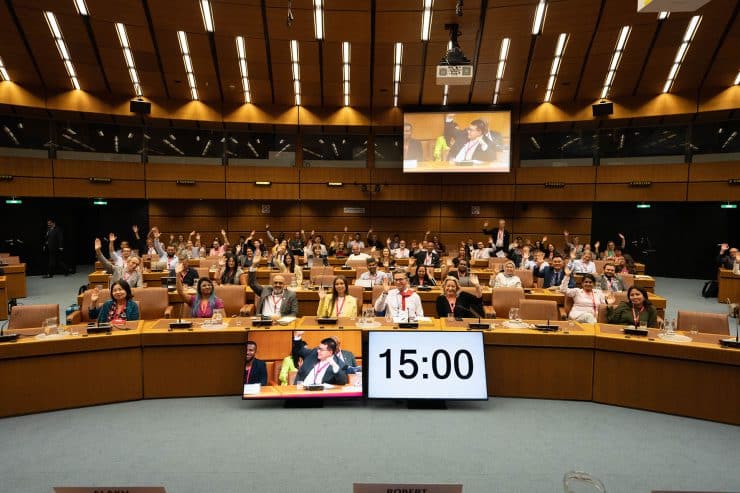
As the forum concluded, it was evident that this gathering of global experts, policymakers, and innovators had laid the groundwork for a more equitable and inclusive AI landscape. The AIFOD Vienna Forum Declaration was viewed by the conference hosts and participants as a beacon of hope, guiding the world towards a future where AI serves all of humanity. The spirit of collaboration and goodwill throughout the two conference days was extraordinary. During some panels, there was ample time for the audience to engage in productive discussions and share experiences. The whole conference room had become one panel of everyone. Ansu Sooful, CEO of Aizatron Group from Cape Town, South Africa, said: “I took an 18-hour flight to get here for this conference. I can just say: it was more than worth it. Very pleased with the outcome.”
The 3rd AI for Developing Countries Forum will take place at the UN in Geneva, from January 27th to 28th, 2025.
Conference Program 2024: https://drive.google.com/file/d/1y9QW-PRSAqtcwIE6IAI_54TsKkc0R8ac/view

